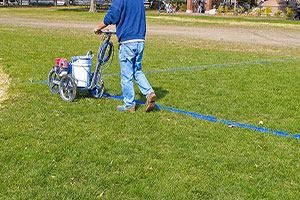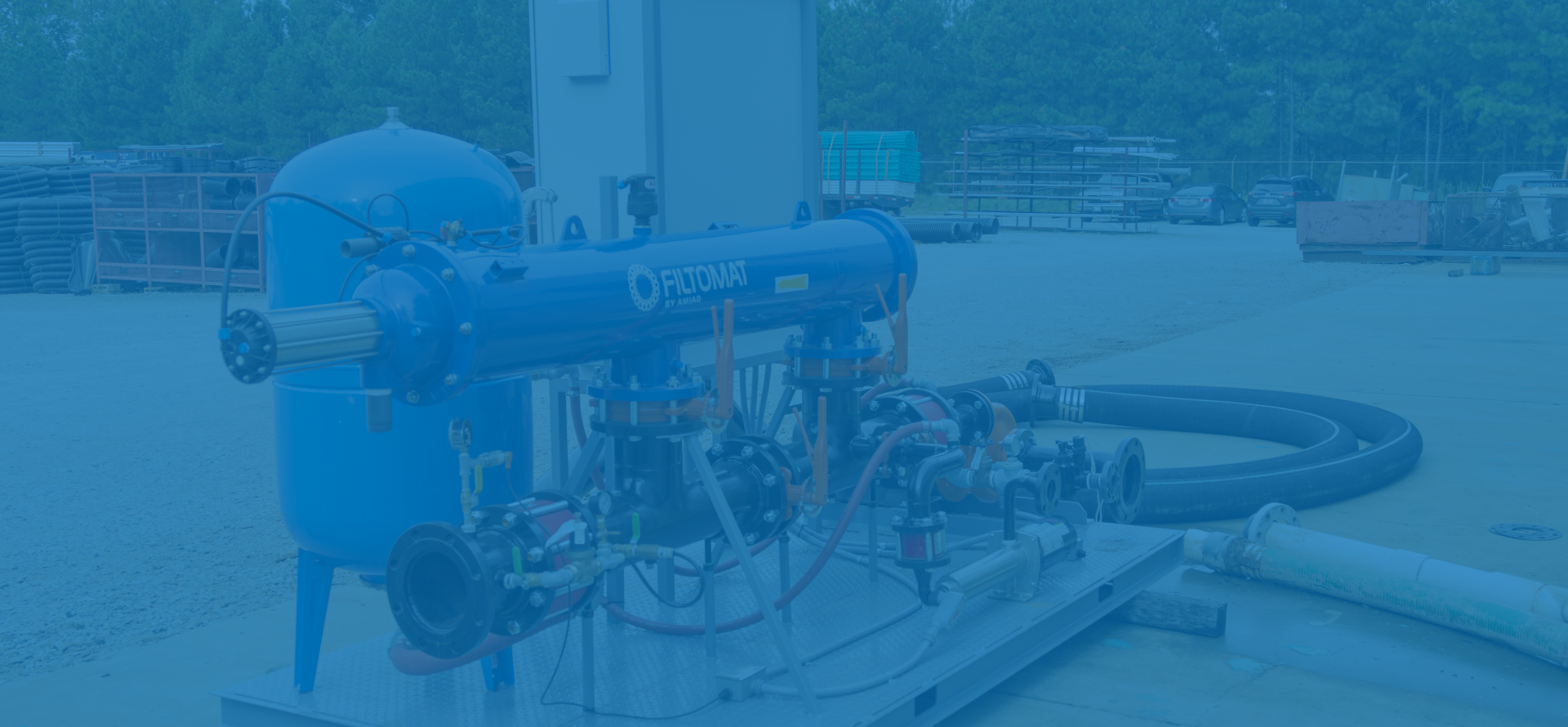
Turf managers often face the unenviable task of producing safe and robust athletic fields after the winter chill has done its share of damage. Although athletic field managers and grounds crews are at the mercy of Mother Nature’s warmth — to some degree — there are things that can be done in the off-season to minimize setbacks. By taking proactive measures in the off-season, athletic fields can be at their optimal playing conditions come spring. These are must-do steps to ensure top quality playing surfaces.
Soil Fertility
Turf that receives heavy traffic requires appropriate nitrogen replenishment in the off-season. Among the best ways to revitalize worn athletic fields is by utilizing nitrogen and experts generally call for one-quarter to 1 pound of nitrogen per 1,000 square feet of turf, depending on the type of grass.
Another essential step is to ensure that the phosphorous and potassium levels in the soil are optimal for growth. Fertility generally requires the ongoing testing and oversight of an athletic field expert. Many schools, universities, and sports organizations outsource these responsibilities to specialists.
Why Aeration Makes a Difference
During the cool off-season, turf can continue to grow at a productive rate. Among the best practices for off-season fields is to properly aerate and topdress while traffic is minimal. Some fields can be aerated in late fall while others are best served during spring. The determination about these practices is generally a matter of traffic and the type of turf. Grass enjoys the best chances of complete recovery from compaction through such core cultivation measures in the off-season because the practice helps water to deliver vital turf nutrients.
Appropriate Off-Season Irrigation
It stands to reason that sports fields have changing irrigation needs from season to season. Weather conditions, temperature and traffic impact athletic fields and are drivers in appropriate management. Soil also plays an essential role in the approach irrigation professionals take as well.
While some adopt the general principle that deep and infrequent irrigation is a tried and true method, clay and sandy soils may not hold moisture in the same manner as others. Irrigation procures must be crafted to account for the type of soil, season, amount of traffic and type of turf among other factors. Getting it right requires experience.
Contact an Athletic Field Specialist
Maintaining quality athletic fields that are safe and aesthetically pleasing calls for the practical knowledge and expertise of a specialized company. A high-level sports field requires precise irrigation and fertilization measures all year. The professionals at W.P. Law have been providing irrigation services for athletic fields for nearly 50 years. Don’t wait for your team to start pre-season practice, call W.P. Law to maximize the safety and beauty of your athletic fields today.









